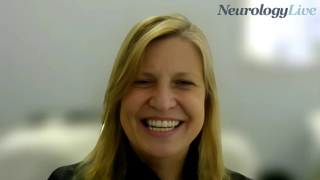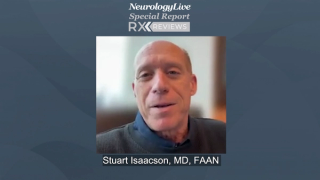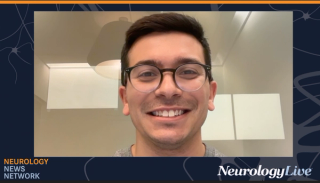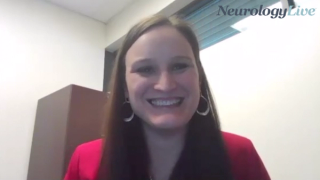
Movement Disorders
Latest News

Latest Videos

CME Content
More News

Take 5 minutes to catch up on NeurologyLive®'s highlights from the week ending April 18, 2025.
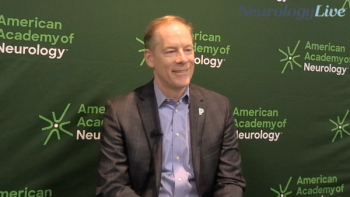
The chief scientific officer of the Parkinson’s Foundation discussed the foundation’s efforts to integrate whole genome sequencing into PD GENEration and expand access across diverse global populations. [WATCH TIME: 4 minutes]

Philip Kremer, MD, Research Director Neurology, Center for Human Drug Research, provided clinical insights on the early-stage progress of ARV-102, an LRRK2 degrader, in LRRK2-associated diseases.

In late-breaking findings from the TRANQUIL study presented at AAN 2025, the wearable demonstrated significant improvements in tremor reduction and daily functioning over a sham device.

Here's some of what is coming soon to NeurologyLive® this week.
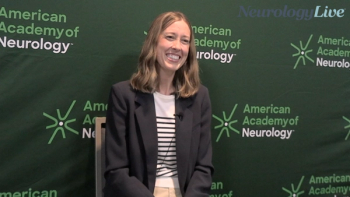
The physician assistant at UCSF Movement Disorder and Neuromodulation Center reflected on the value of AMDAPP in fostering professional connection, education, and patient-centered care among movement disorder APPs. [WATCH TIME: 3 minutes]

Test your neurology knowledge with NeurologyLive®'s weekly quiz series, featuring questions on a variety of clinical and historical neurology topics. This week's topic is on essential tremor.

ARV-102 showed dose-dependent LRRK2 degradation and favorable safety in its first-in-human trial, supporting its promise for treating LRRK2-linked neurodegenerative diseases.

Cleveland Clinic’s $1.1 billion Neurological Institute, opening in 2027, will revolutionize neurological care with a state-of-the-art, patient-centered design integrating advanced technology and innovative care solutions.

Findings from a phase 3 study revealed that patients with Parkinson disease switching to IPX203 had greater benefits in good ON time when also taking lower doses of dopamine agonists.

Here's some of what is coming soon to NeurologyLive® this week.

Mark Roskey, PhD, chief scientific officer at Quanterix, provided clinical insight on the function of the company’s Simoa technology and the incorporation of various biomarkers to aid in the diagnosis of Alzheimer disease.

Patient-Informed Phase 2 ATLANTIS Study Tests Selective D1PAM Agent Glovadalen for Parkinson Disease
Presented at the 2025 AD/PD Conference, the study incorporates patient engagement in its design and implementation, focusing on optimizing study accessibility, reducing burden, and evaluating glovadalen’s potential as an adjunctive treatment for PD.

A pilot study, presented at the 2025 AD/PD conference, evaluating the CUE1 device suggests it may help improve motor symptoms and reduce fall risk in patients with Parkinson disease.

A recent study reported that silmitasertib, an investigational drug currently in development for cancer, may help reduce motor deficits and neuropathology in a Huntington disease.

Here's some of what is coming soon to NeurologyLive® this week.

The FDA has recently granted approval to Soleno Therapeutics' DCCR tablets as the first treatment for hyperphagia in Prader-Willi syndrome.

Mind Moments®, a podcast from NeurologyLive®, brings you an exclusive interview with Stuart Isaacson, MD; and Rajesh Pahwa, MD. [LISTEN TIME: 17 minutes]

Here's some of what is coming soon to NeurologyLive® this week.

Here's some of what is coming soon to NeurologyLive® this week.

Take 5 minutes to catch up on NeurologyLive®'s highlights from the week ending March 14, 2025.
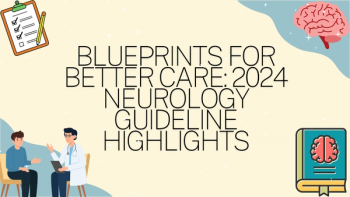
Explore the key 2024 neurology guideline updates shaping clinical care across stroke, epilepsy, movement disorders, and more in this essential feature.

The professor of neurology at Northwestern University Feinberg School of Medicine discussed the NSD-ISS and its potential to refine PD diagnosis and clinical trial selection through biomarker-driven staging.
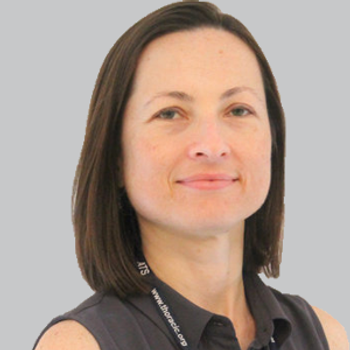
PAP therapy significantly improved cognitive function, particularly executive and psychomotor skills, in patients with Parkinson disease with comorbid obstructive sleep apnea.

Catch up on any of the neurology news headlines you may have missed over the course of February 2025, compiled all into one place by the NeurologyLive® team.




